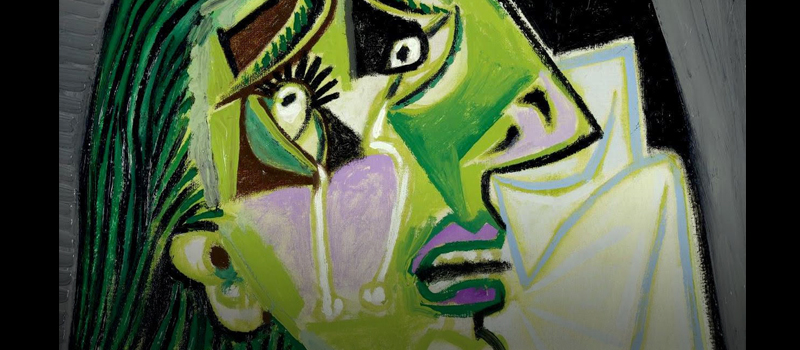

addiction recovery ebulletin appearance and isolation
March 25, 2020 – As the coronavirus pandemic shut down cities and cloistered people indoors around the world, images began to circulate online of what appeared to be nature retaking territory it had previously ceded to humans. In Japan, deer wandered into transit stations looking for food. In Venice, another post claimed, swans alighted on the normally traffic-clogged canals, the waters of which were clear enough to spy fish below the surface. Some of the photos were hoaxes—the deer were real; the clear canal waters, less so. Nonetheless, people seemed fascinated with the idea that the world humans have created for themselves could begin to fade so quickly. But many of us don’t need to look to faraway cities on social media for proof that our grip on the natural world is faltering. We can simply look in the mirror.
Amy Flowers, a psychologist who specializes in stress management and body image used herself as an example: She can dress down for only a few days at a time before she needs to put on a skirt and hosiery to tap back into the sense of order she’s used to. For others, that might mean curling their hair, putting on eye makeup, or keeping their CDC-approved mustache tidy. For many people, Flowers said, these little elements of daily life are the building blocks of psychological well-being.
VIDEO – SO TASTY – Feb. 14, 2025 - Le Pigeon’s award-winning chef teams up…
WATCH & PUKE – BOTTLED HYPOCRITE – Feb. 7, 2025 - Despite a lifetime of…
VIDEO – DON’T BLAME THE EAGLES – Feb. 15, 2025 - That’s almost five times…
WORDS SAVES LIVES – Feb. 7, 2025 - Barbara Kingsolver has put royalties from her…
VIDEO – MUSICAL INTERLUDE – 4,525,720 views since Nov 18, 2017 - Godspell is a…
ROMANTIC PUZZLES – Feb. 8, 2025 - I was on my first date in 14…